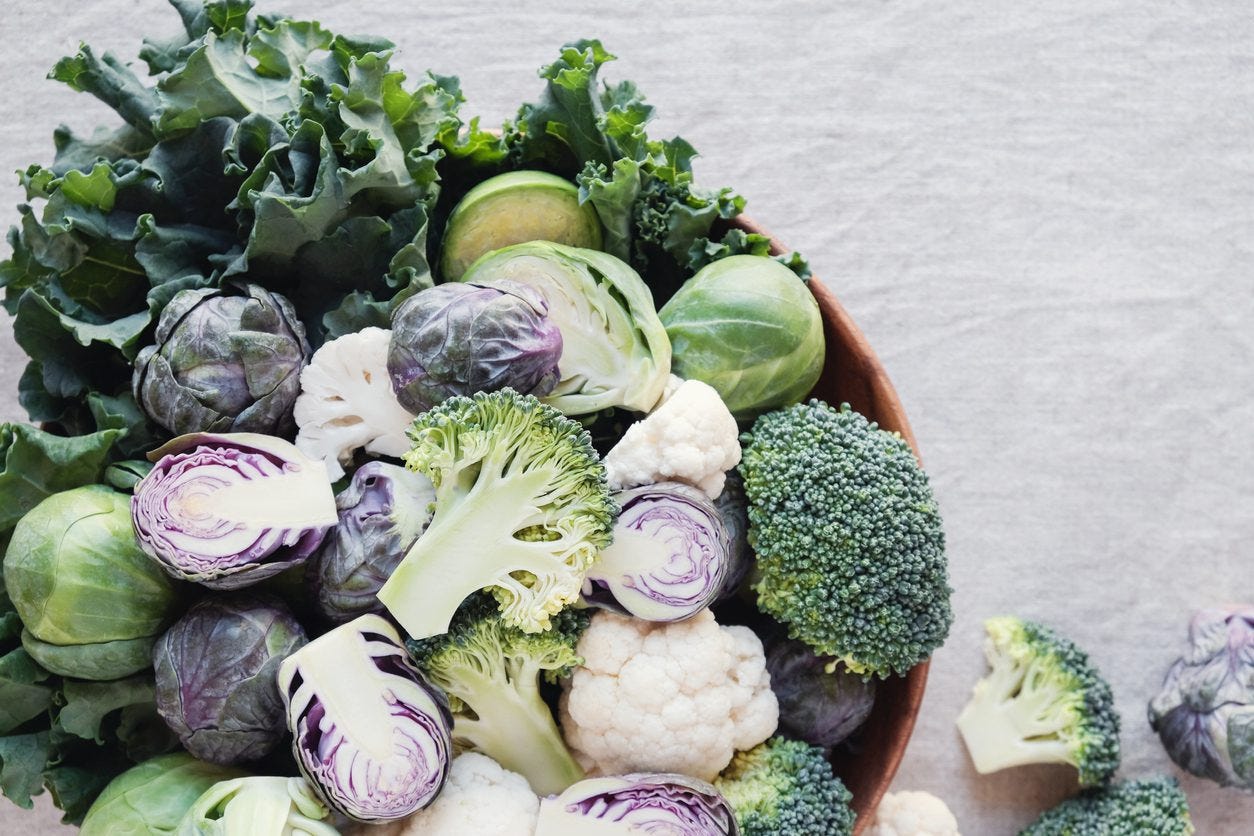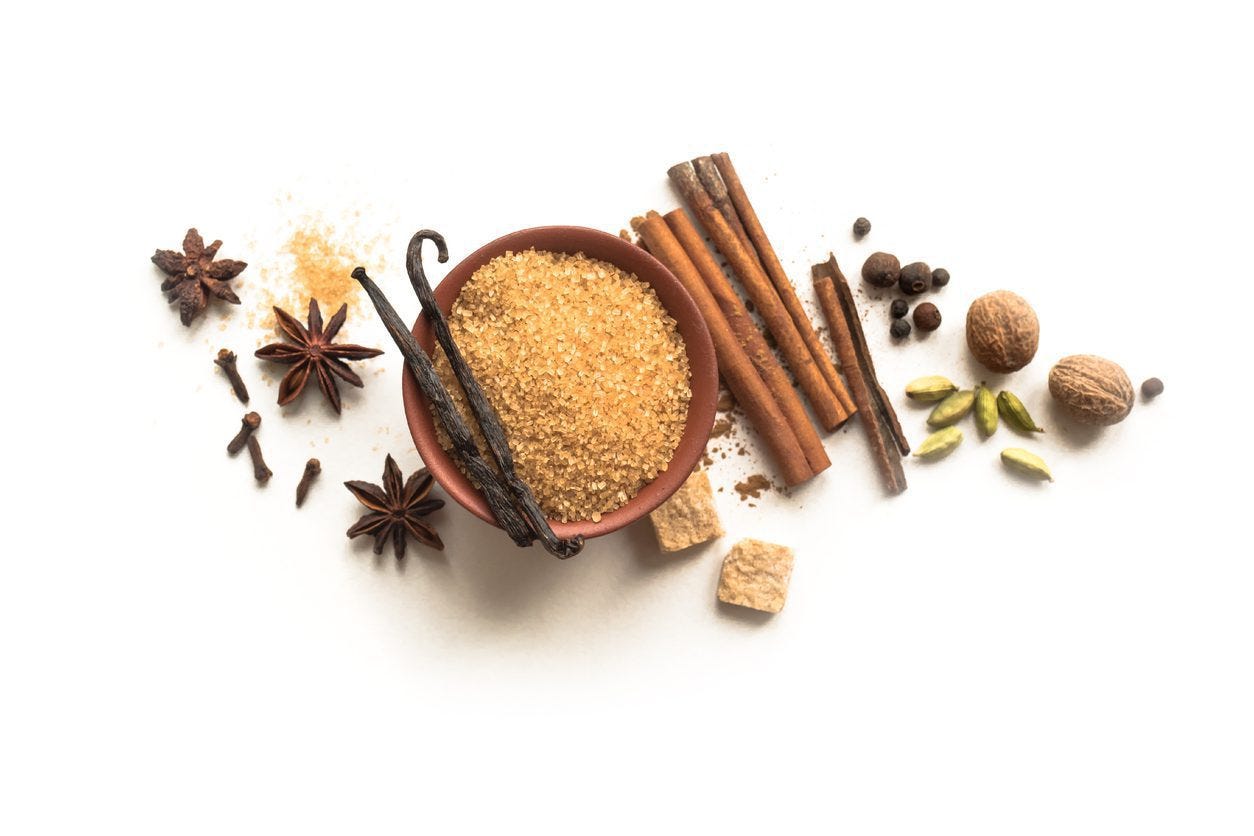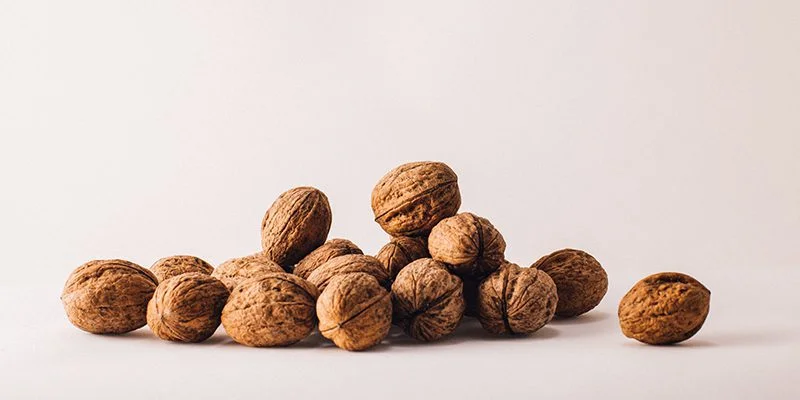Polyphenols: What They Are and Why You Need to Be Eating Them
What are polyphenols?
Polyphenols are natural compounds that occur in many fruits, vegetables, and herbs. Chemically, they have multiple phenol rings, which informs their name. Many polyphenols are potent antioxidants that protect our tissues against toxins.
Types of Polyphenols
Tens of thousands of polyphenols have been identified. They’ve been broken down into three major groups:
Flavonoids
Flavonoids make up roughly 60% of all polyphenols. Flavonoids are found in fruits (especially concentrated in berries), vegetables, many medicinal herbals, and even dark chocolate.
Phenolic Acids
Phenolic acids comprise approximately 30% of all polyphenols. Examples of phenolic acids are lignans and stilbenes, which can be found in fruits, vegetables, seeds, and whole grains. This class includes polyphenolic amides, such as the avenanthramides in oats and capsaicinoids in chili peppers.
Other Polyphenols
There are many other types of polyphenols, such as ellagic acid in strawberries, resveratrol in red wine, and curcumin in turmeric.
Polyphenols have been extensively investigated for their numerous health benefits.
Benefits of Polyphenols
Polyphenols may help prevent blood clots and lower blood sugar levels. Some polyphenols function as antioxidants and can help protect against the harmful “free radicals” that can damage cells. Others are thought to help reduce the risk of serious heart issues.
Polyphenols may promote the healthy growth of beneficial gut bacterial, which may aid the digestion process. Certain polyphenols may also promote healthy brain function, which can aid with concentration, learning, and memory.
Polyphenol-rich Foods

Since they’re abundant in plants, polyphenols can be found in many foods. Although the list of polyphenol-rich foods is extensive, here are just a few examples in a handful of categories:
Fruits
- Apples
- Berries: blueberries, blackberries, cranberries, raspberries, strawberries
- CherriesCitrus: oranges, grapefruit, lemons
- Grapes
- Kiwis
- Peaches
- Plums
Vegetables
- Artichokes
- Asparagus
- Broccoli
- Carrots
- Cauliflower
- Onion: red and yellow
- Spinach
Legumes
- Black beans
- Tempeh
- Tofu
- Soy: milk, yogurt
- White beans
- Lentils
Nuts and Seeds
- Almonds
- Chestnuts
- Hazelnuts
- Flax seeds
- Pecans
- Walnuts
Other
- Dark chocolate, not chemically processed
- Ginger
- Oats
- Oils: olive, rapeseed
- Spices: basil, cinnamon, cloves, cumin, parsley, oregano, rosemary, sage, thyme
- Teas: black, green, white
- Vinegar
Polyphenols in Supplements
Though maintaining a diet rich in polyphenol foods is a good place to start, taking supplements with high-quality, ethically sourced polyphenol substances is a great way to ensure you get the full benefit of these plant-based compounds. At BrainMD, we’re proud to offer many potent and pure polyphenols in our supplements.
6 Powerful Polyphenols Found in BrainMD Supplements
Cocoa Flavanols
The cocoa flavanols are a family of flavonoids concentrated in the cocoa bean. They are abundant in cocoa powder that hasn’t been bleached or chemically processed. Cocoa flavanols have been thoroughly researched and found to promote healthy blood pressure, and blood flow to the brain.
You’ll find generous amounts of cocoa flavanols in Brain in Love dark chocolate bars.
Curcumin
Curcumin is an umbrella name for the three active curcuminoids of the turmeric root: curcumin, demethoxy-curcumin and bis-demethoxycurcumin. Modern science has established the powerful antioxidant effects of these non-flavonoid polyphenols and their benefits for healthy inflammatory response. Curcumin has a myriad of clinically proven actions, including benefits to memory and mood.
Efficacious doses of curcumin can be found in Brain Curcumins.
Ginkgo Flavonols
Ginkgo biloba has been a medicinal treasure for thousands of years, and a dietary supplement for over half a century. The leaves of ginkgo yield several flavonols, which together with beneficial terpenes from the leaves are made into a standardized dietary supplement ingredient. This powerful antioxidant is best known for its capacity to improve circulation and enhance memory and concentration.
Experience the benefits of standardized Ginkgo Biloba Extract in Brain & Memory Power Boost.
Green Tea Catechins
A staple in Asian cultures, green tea (Camellia sinensis) promotes blood vessel health and blood flow to the brain. The four main active catechins extracted from green tea leaves are potent antioxidants that can help reduce the production of free radicals in the body and help preserve healthy functioning of the brain and other organs.
Boost your body’s natural defenses with the green tea catechins in Focus & Energy.
Pycnogenol
Pycnogenol® is a complex mix of proanthocyanidins and other flavonoids found to have exceptionally powerful antioxidant properties. Intensive clinical research has established its benefits for memory, attention, and other higher brain functions in kids as well as adults. BrainMD’s standardized polyphenol extract comes from the French maritime pine (Pinus pinaster) and is authentic Pycnogenol®, not an imitation.
Get an effective dose of Pycnogenol® extract in Attention Support.
Resveratrol
Resveratrol is a stilbene polyphenol, with a molecular shape that influences cell signaling and communication. Clinical studies indicate that this plant nutrient can help improve heart and blood vessel function, promote healthy blood sugar utilization, and improve word recall.
A generous 75-milligram dose of resveratrol is offered in Bright Minds Memory Powder.
Eating plenty of fruits and vegetables, as well as taking the above supplements, can help ensure you’re getting sufficient polyphenols in your diet.
At BrainMD, we’re dedicated to providing the highest purity nutrients to improve your physical health and overall well-being. For more information about our full list of brain healthy supplements, please visit us at BrainMD.
- This Is What You Need to Know About HBOT
Medically Reviewed by Dr. Nicole Avena - April 22, 2024 - Hormone Changes in Men: How to Know If You Have Low Testosterone! - April 15, 2024
- This Is What You Need to Know About EMDR Therapy! - April 11, 2024



